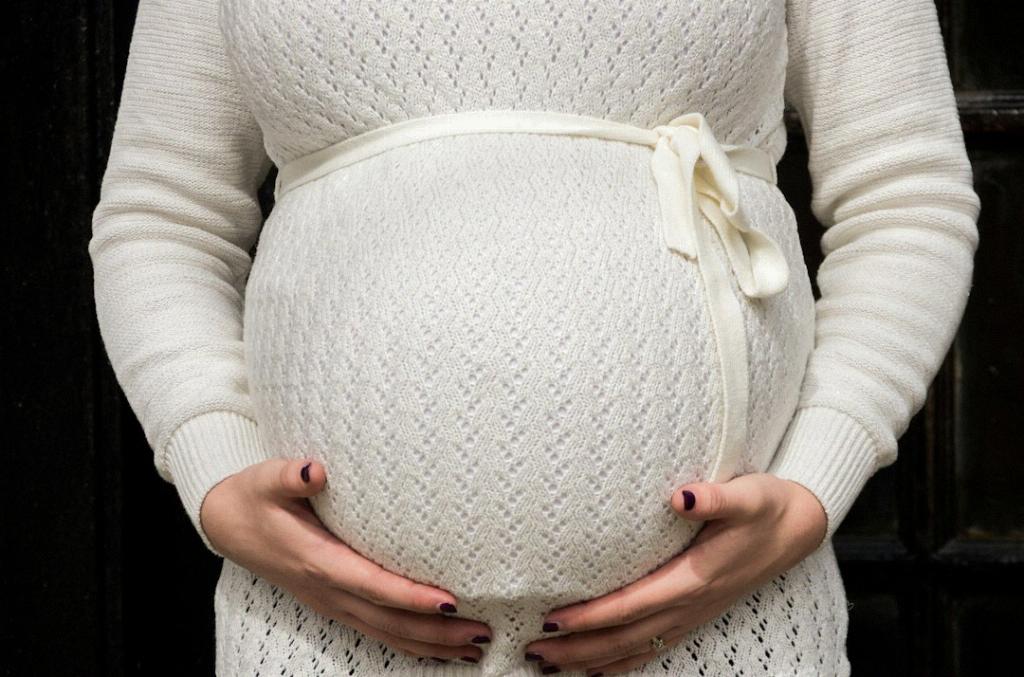Many new moms wonder about the timeline of emotional changes after pregnancy. It’s important to note that postpartum emotions are completely normal and are experienced by the majority of mothers. One common experience is the phenomenon known as the “baby blues,” which can bring about mood swings, tearfulness, anxiety, and trouble sleeping.
The onset of the baby blues typically occurs in the initial days following delivery, usually within the first 2 to 3 days. This period of heightened emotions can catch new moms off guard, as they navigate the physical and emotional changes that come with childbirth and the early days of motherhood.
For many women, the baby blues subside on their own within a couple of weeks. It’s important to recognize that these feelings are a natural response to the significant life event of welcoming a new baby into the world. Talking about these emotions with loved ones or a healthcare provider can help moms feel supported and understood.
It’s crucial to distinguish between the baby blues and postpartum depression, which is a more serious and long-lasting condition. Postpartum depression can manifest within the first year after giving birth, and its symptoms may include persistent feelings of sadness, hopelessness, and worthlessness.
While the baby blues are generally short-lived and resolve on their own, postpartum depression requires professional intervention and support. It’s essential for new moms to seek help if they experience symptoms of postpartum depression, as it can impact both the mother’s well-being and the bond with her baby.
Postpartum emotions can also be influenced by factors such as hormonal changes, sleep deprivation, and the demands of caring for a newborn. Understanding these contributing factors can help new moms navigate their emotions more effectively and seek appropriate support when needed.
Support networks play a crucial role in helping new moms cope with postpartum emotions. Whether it’s through family, friends, or online communities, having a strong support system can provide encouragement, empathy, and practical assistance during this vulnerable time.
Self-care is another important aspect of managing postpartum emotions. Taking time for oneself, engaging in activities that bring joy and relaxation, and prioritizing physical and mental well-being can all contribute to a more positive emotional experience after pregnancy.
It’s essential for new moms to be gentle with themselves during this period of transition. The journey of motherhood is filled with ups and downs, and it’s okay to feel a range of emotions as they adjust to their new role and bond with their baby.
Remember that every woman’s experience with postpartum emotions is unique, and there is no one-size-fits-all timeline for when these feelings may arise or how long they may last. It’s important for new moms to trust their instincts, listen to their bodies, and seek support when needed.

